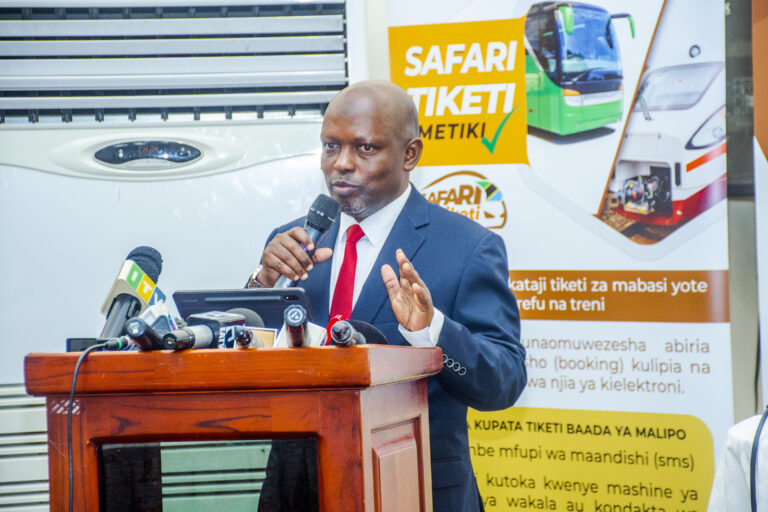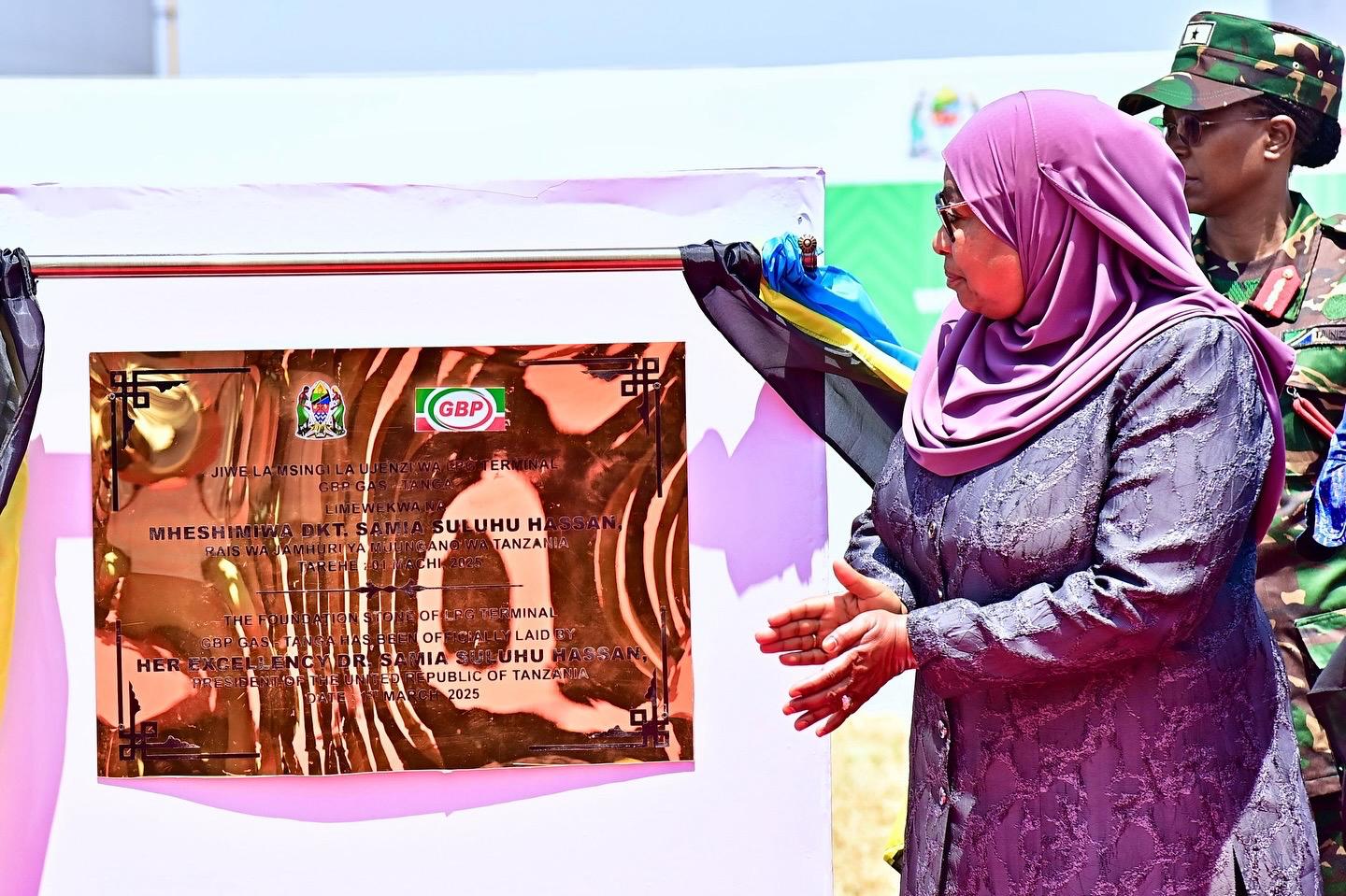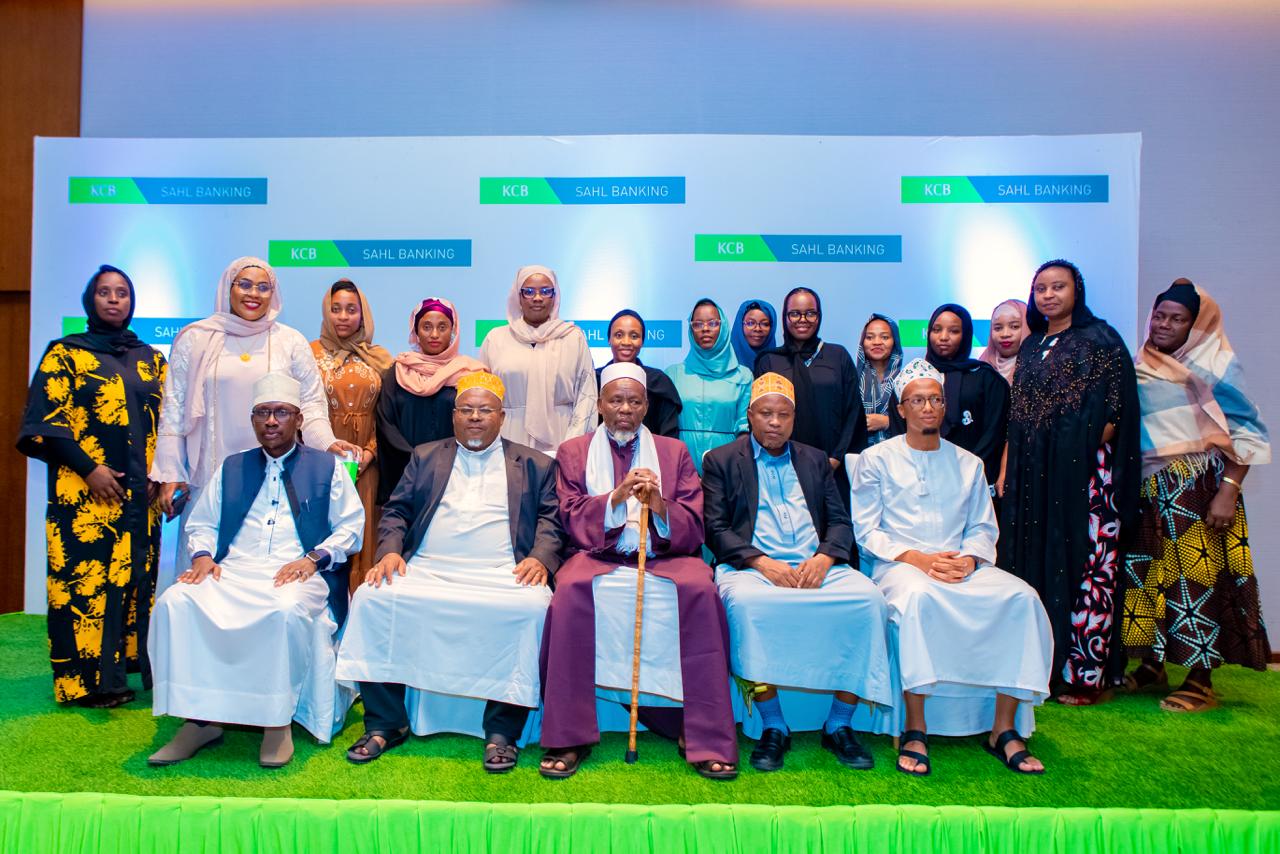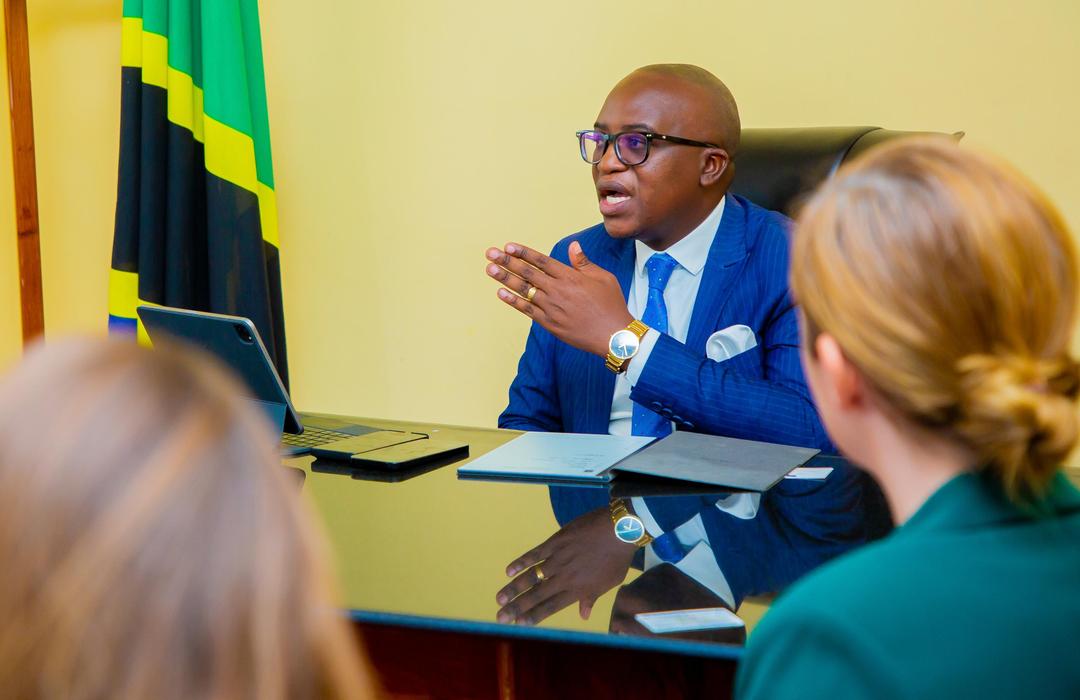Dar es Salaam. When President Samia Suluhu Hassan assumed office in March 2021 as the sixth President of Tanzania, she promised a new era of inclusion, efficiency, and reform.
Four years later, the transformation is evident — not only in economic policies and diplomacy but also in critical sectors such as transportation.
At the heart of this movement stands the Land Transport Regulatory Authority (Latra), whose evolution over the past four years mirrors the broader progress of the nation.
Under her stewardship, Latra has not only expanded its reach but also redefined public transport regulation in Tanzania with a mix of digital innovation, infrastructure expansion, and citizen-centric reforms.
This progress was highlighted during the Editors Forum held on Monday, April 14, 2025, which brought together Latra management, officials, and key stakeholders under the coordination of the Office of the Treasury Registrar.
During the event, Latra Director General Mr Habibu Suluo spoke about the significant progress LATRA has made under President Samia’s leadership, emphasizing how the Authority’s development aligns with the nation’s broader vision.
Decentralizing Access: From urban centers to remote districts
One of the defining achievements under this administration has been the deliberate effort to bring government services closer to the people.
Latra now boasts offices in all 26 regions of mainland Tanzania, and under President Samia’s government, ten additional offices have been opened in strategic district locations — from the bustling Mbezi Magufuli Bus Terminal in Dar es Salaam to regional hubs like Ifakara and Same.
“This expansion has improved access to transport regulation services, eased compliance for transport operators, and created stronger partnerships with local authorities and transport associations across the country,” stressed Mr Suluo.
License Revolution: A 48 percent growth in transport permits
The surge in licensed public and private transport vehicles is another testament to the effectiveness of Latra’s reforms.
According to Latra data, from February 2021 to March 2025, the number of issued licenses jumped from 226,201 to 334,859 — a staggering 48 percent increase.
This reflects not only increased regulatory coverage but also rising confidence in Tanzania’s formal transport sector.
Restoring the night: 24/7 travel returns
For nearly three decades, overnight bus travel in Tanzania was restricted.
That changed in October 2023, when the government, after careful coordination between Latra, the Ministry of Transport, and law enforcement agencies, lifted the ban.
Latra played a key role in enabling this bold move — introducing 24/7 travel schedules, verifying safety protocols, and integrating modern monitoring systems.
Over 2,300 buses are now authorized to operate around the clock.
The result? Reduced congestion at terminals, lower travel costs, and increased convenience for travelers — particularly businesspeople who can now travel by night and work by day.
Smart transport: From paper to platforms
President Samia’s digital-first approach resonates through LATRA’s aggressive deployment of technology:
- RRIMS (Railway and Road Information Management System) has made license applications, payments, and tracking fully online.
- Vehicle Tracking System (VTS) now monitors over 11,800 vehicles daily, ensuring compliance and safety in real-time.
- The LATRA App, downloadable from Android platforms, empowers citizens to verify fares, license validity, and even lodge complaints.
- The Centralized e-Ticketing System (CeTS) has processed over 13 million tickets since its launch in August 2024 — paving the way for a unified, transparent ticketing system for both bus and train travel.
Certifying drivers: From casual to professional
For his part, Mr Johansen Kahatano, the Latra Road Transport Regulatory Director, discussed the ongoing efforts to elevate Tanzania’s public transport industry, focusing on the importance of certifying drivers as part of the broader professionalization of the sector.
LATRA has stepped up its role in driver certification, ensuring road safety from the ground up.
Between 2022 and March 2025, over 9,100 drivers sat for Latra certification exams, with about 4,500 passing and earning official recognition.
While the pass rate hovers around 50 percent, the process has initiated a culture shift toward professionalizing public transport driving in Tanzania.
“Driver certification has played a key role in improving road safety and ensuring that the industry adheres to the highest standards,” underscored Mr Kahatano.
SGR and the Railway Renaissance
With the advent of the Standard Gauge Railway (SGR), Latra stepped into new territory — inspecting rolling stock abroad (from China to Germany), testing locally, and approving passenger fares.
Economy-class tickets from Dar es Salaam to Dodoma now cost Sh31,000 for regular trains and Sh50,000 for express services. These carefully-calibrated fares reflect a commitment to affordability while preserving service quality.
Regulating the future: Cable transport on the horizon
Beyond rails and roads, Latra has laid the groundwork for the regulation of cable transport — a futuristic mode especially suited for tourism.
With draft regulations already in place and pilot locations identified across eight regions, Tanzania could soon see ropeways joining its transport mix — yet another legacy of forward-thinking governance.
Public awareness and partnership
In its outreach, Latra has worked closely with public transport stakeholders — including bus operators’ associations, local governments, and the media.
Public education campaigns and media collaborations have increased transparency and fostered a sense of shared responsibility in transport governance.
The Samia effect: A legacy of transformation
As Latra’s successes over the past four years show, leadership matters.
The reforms have not only elevated Tanzania’s public transport system but also signaled what is possible when institutions are empowered and held accountable under stable, visionary leadership.
President Samia’s administration has turned a transport regulator into a symbol of modern public service — digital, people-focused, and performance-driven.
For millions of Tanzanians who rely on buses, trains, and licensed vehicles for their daily mobility, these changes have made a difference not just on the roads, but in their lives.
“Her Excellency has created an environment where stakeholder engagement and innovation are not only allowed — they are encouraged,” said a Latra official during the press briefing in Dar es Salaam.
“That’s how transformation happens and indeed, it has.”







